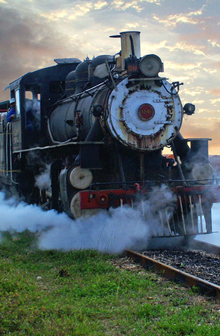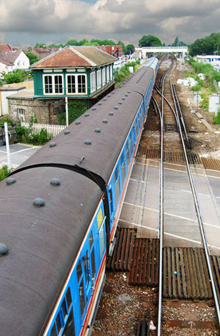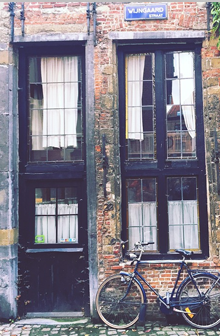Het arrangement Toerisme is gemaakt met Wikiwijs van Kennisnet. Wikiwijs is hét onderwijsplatform waar je leermiddelen zoekt, maakt en deelt.
- Auteur
- Laatst gewijzigd
- 17-02-2021 13:34:46
- Licentie
-
Dit lesmateriaal is gepubliceerd onder de Creative Commons Naamsvermelding 4.0 Internationale licentie. Dit houdt in dat je onder de voorwaarde van naamsvermelding vrij bent om:
- het werk te delen - te kopiëren, te verspreiden en door te geven via elk medium of bestandsformaat
- het werk te bewerken - te remixen, te veranderen en afgeleide werken te maken
- voor alle doeleinden, inclusief commerciële doeleinden.
Meer informatie over de CC Naamsvermelding 4.0 Internationale licentie.
Het thema 'Tourism' is ontwikkeld door auteurs en medewerkers van StudioVO.
Fair Use
In de Stercollecties van StudioVO wordt gebruik gemaakt van beeld- en filmmateriaal dat beschikbaar is op internet. Bij het gebruik zijn we uitgegaan van fair use.
Meer informatie: Fair use
Mocht u vragen/opmerkingen hebben, neem dan contact op via de
helpdesk VO-content.
Aanvullende informatie over dit lesmateriaal
Van dit lesmateriaal is de volgende aanvullende informatie beschikbaar:
- Eindgebruiker
- leerling/student
- Moeilijkheidsgraad
- gemiddeld
- Studiebelasting
- 4 uur 0 minuten

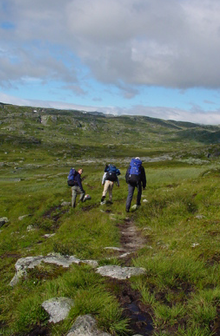
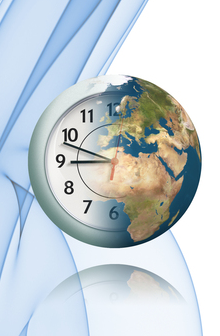


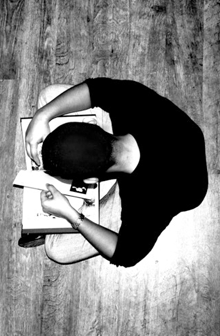
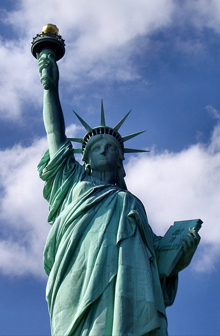

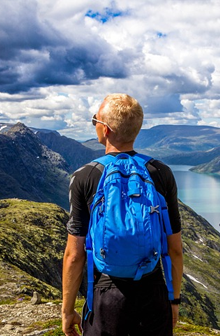
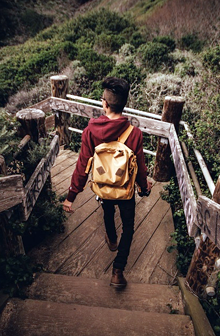
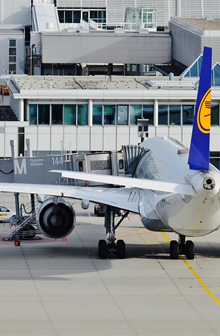 The top headlines of 2014 painted a challenging landscape. From sluggish economic growth and geopolitical conflicts to the Ebola virus outbreak in West Africa – to all appearances, such circumstances were hardly favourable for tourism.
The top headlines of 2014 painted a challenging landscape. From sluggish economic growth and geopolitical conflicts to the Ebola virus outbreak in West Africa – to all appearances, such circumstances were hardly favourable for tourism.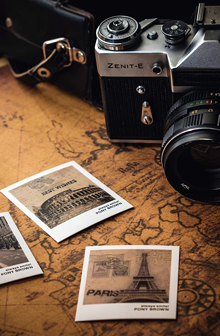
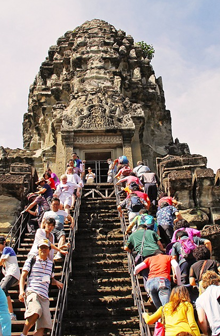
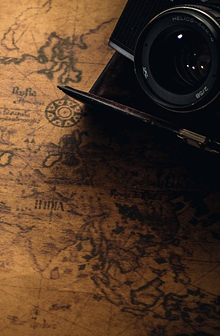
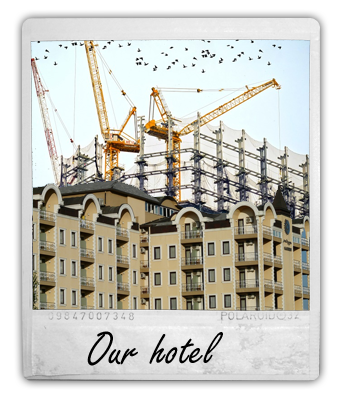
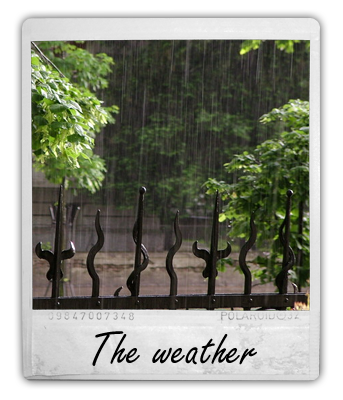
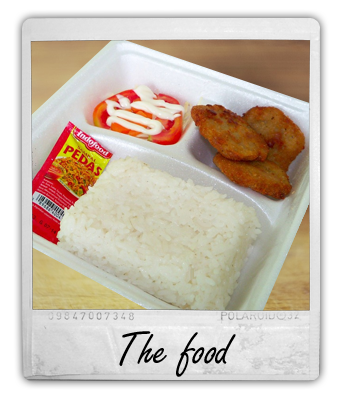
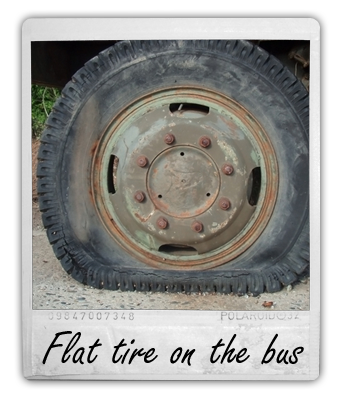
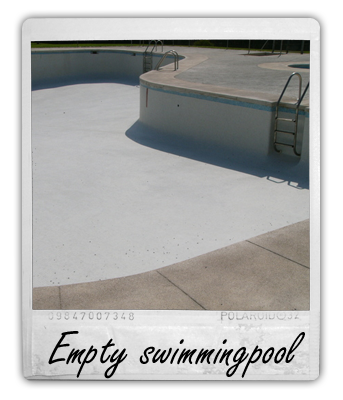
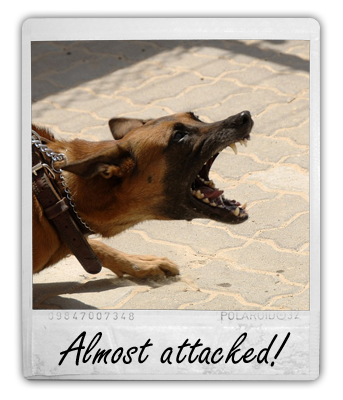
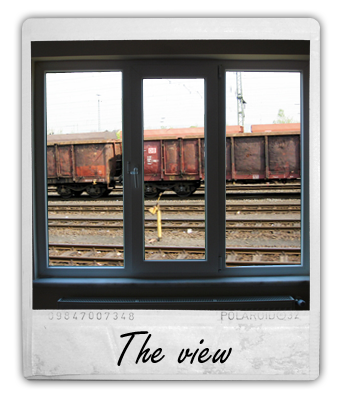
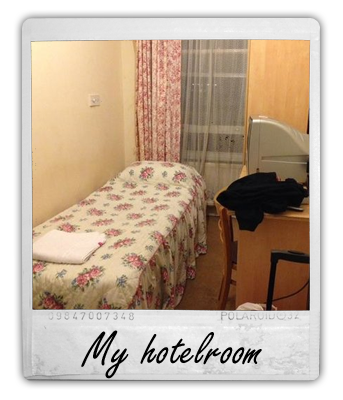
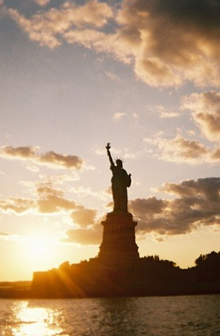
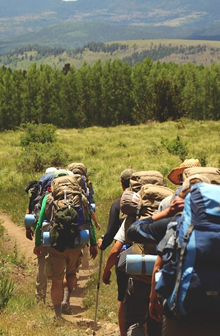

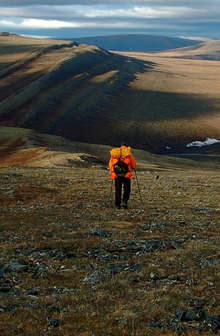
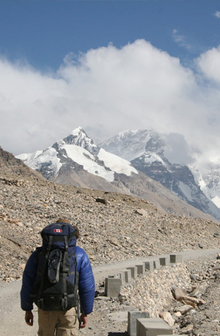
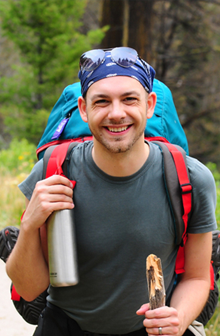
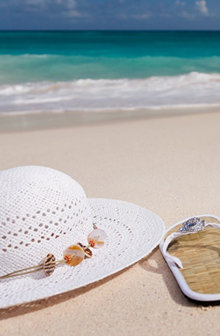
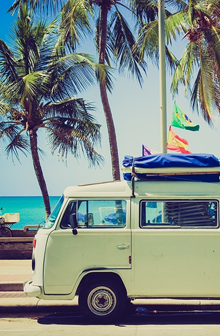
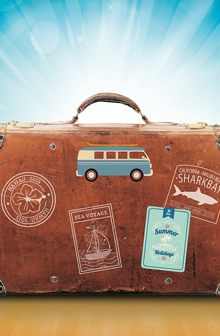
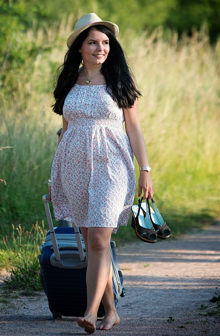
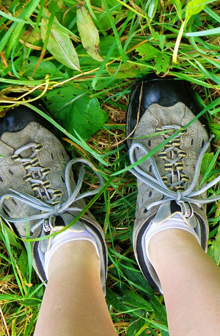
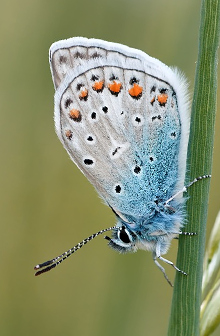
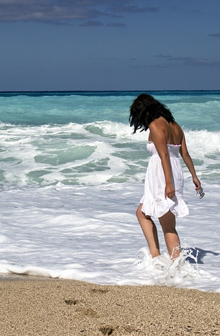
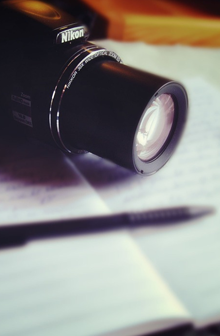
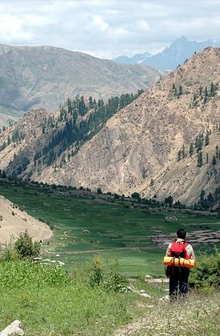


 Jose
Jose Stephanie
Stephanie Marieke
Marieke






